Petrochemical PETResin Hydrogen 16-01-2021 - Arhive
Petrochemical PETResin Hydrogen
-Sustainable plastic packaging plays a vital role in food and beverage sector
Packaging now plays vital role when it comes to branding in food and beverage industry. With constant climate changes and environmental changes it has become vital to switch to sustainable, eco friendly options.
First step towards sustainable packaging would be to reduce packaging weight, in terms of material used per unit, without compromising on function, safety or quality. ‘Light weighting’ like this is a long-established means of reducing both the environmental impact of packaging and food waste.
Other sustainable packaging practices generally include:
- Bulk packaging – the unit size of raw material packaging being delivered to the food manufacturer – reusable container with a 1 tonne capacity for margarine rather than smaller consignments in cardboard cartons, or procuring flour in tankers rather than 25 kg sacks.
- Refills – refillable packaging can be used several times – a more recent development is the use of lightweight refills.
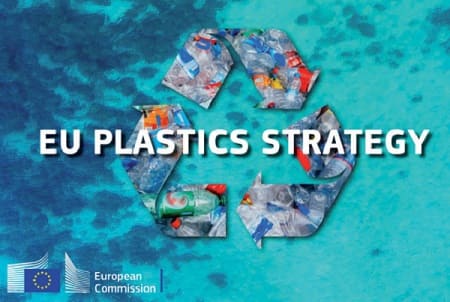
The media team helping to bring Chinaplas back after an unprecedented hiatus discuss the effects of the pandemic, and share how it has had little effect on lightweight composites for the automotive markets. Petrochemical PETResin Hydrogen
The pandemic has not been kind to automotive sector. In a recent report, French automotive data and market research company Inovev projected that global automobile production will fall by 17 per cent over the whole of 2020, representing a loss of 15 million vehicles compared to 2019 and returning volume to 2011 levels.
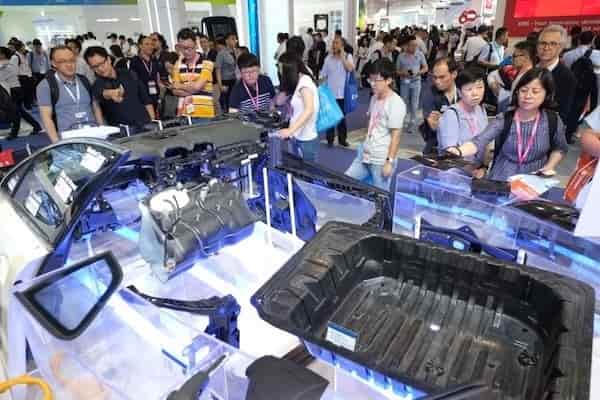
-January prices of European PE rose by EUR100/tonne and higher for CIS markets
The January contract price of ethylene was settled in Europe up by EUR65/tonne from the previous month. However, all European producers announced a much greater increase in export polyethylene (PE) prices for January shipments to the CIS markets, than the rise of monomer prices, according to ICIS-MRC Price report.
Negotiations over January prices of European PE began in the first days of the month. All market participants said European producers significantly raised their export prices of ethylene polymers. Petrochemical PETResin Hydrogen
Moreover, some producers adjusted their export prices twice in the first two weeks of January. In some cases, the price increase was EUR100/tonne, and in other cases, the price rise reached EUR170/tonne and higher.
It is also worth noting that all European producers have major export restrictions, and some producers do not even plan to sell PE to the CIS countries this month.
Deals for January shipments of high density polyethylene (HDPE) were done in the range EUR950-1,030/tonne FCA, whereas last month”s deals were done at EUR850-925/tonne FCA. Deals for low density polyethylene (LDPE) were done in the range of EUR1,140-1,200/tonne FCA, versus EUR970-1,020/tonne FCA a month earlier.
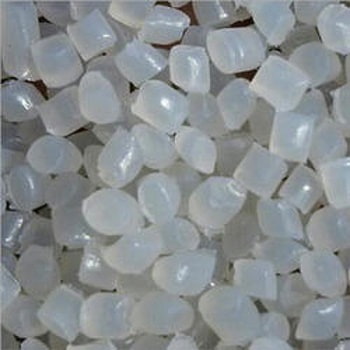
-How the use of robotics is evolving at sorting facilities
A recycling facility operator and a robotics company say artificial intelligence is providing materials recovery firms with much-needed data to analyze changes in the recycling stream. That’s in addition to sortation improvements
Representatives from AMP Robotics and GFL Environmental spoke about the benefits of robotics during a recent presentation hosted by Greenbiz, a business sustainability media and events company. Petrochemical PETResin Hydrogen
The event was tied to an announcement from AMP and Keurig Dr Pepper (KDP), which recently redesigned its K-Cup coffee pods to produce them in a polypropylene format that is recyclable in many U.S. programs, though not all.
After the product redesign, KDP and AMP Robotics worked together to equip AMP’s robotic sorting systems with the tools to properly identify and sort the cups in a materials recovery facility (MRF). The project partners hailed the collaboration as an example of how producers, equipment/technology companies and other recycling stakeholders can work together to improve sortation.
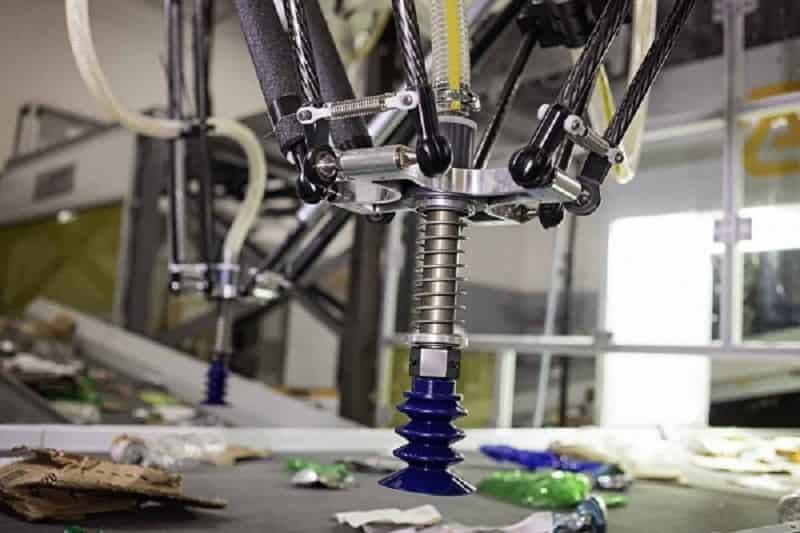
-Sale of PE producer Gemini to Ineos completed
As planned, South African oil and petrochemicals group Sasol (Johannesburg; www.sasol.com) has completed the sale of its joint venture stake in US-based HDPE manufacturer Gemini to venture partner Ineos Olefins and Polymers USA (see Plasteurope.com of 01.12.2020). Petrochemical PETResin Hydrogen
The subsidiary of UK-based Ineos, which has been operating the venture’s US “Battleground Manufacturing Complex” in LaPorte, Texas, will pay USD 404m (around EUR 340m) for its partner’s stake, according to the companies.
Sasol plans to use the money to lower its debt.
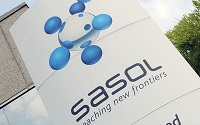
-Europe R-PET colourless flake, PCB prices rise
Senior editor for recycling Matt Tudball looks at this week’s developments in the European recycled polyethylene terephthalate (R-PET) markets, including:
Price increases for colourless post-consumer bottles and flakes;
Rising virgin PET prices driving buyers back to R-PET; and
Availability tightening as the month progresses Petrochemical PETResin Hydrogen
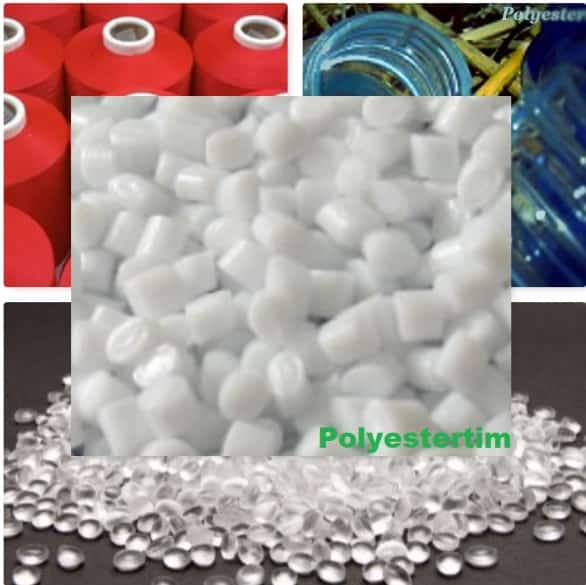
-Slew of food-contact PET approvals issued
A European authority gave the thumbs up to using Starlinger and EREMA technologies to recycle post-consumer PET for use in food and drink packaging.
The Panel on Food Contact Materials, Enzymes and Processing Aids (CEP), which is part of the European Food Safety Authority (EFSA), issued 10 favorable opinions covering two PET recycling processes in recent months.Petrochemical PETResin Hydrogen
In the European Union, recycled plastics and additives can only be used in food and beverage packaging if they’re first reviewed by EFSA for safety. Recycling companies submit applications to individual countries, which apply to the EFSA on their behalf.
The following is a semi-annual roundup of recent opinions from the CEP. Plastics Recycling Update published its previous EFSA roundup in June 2020.
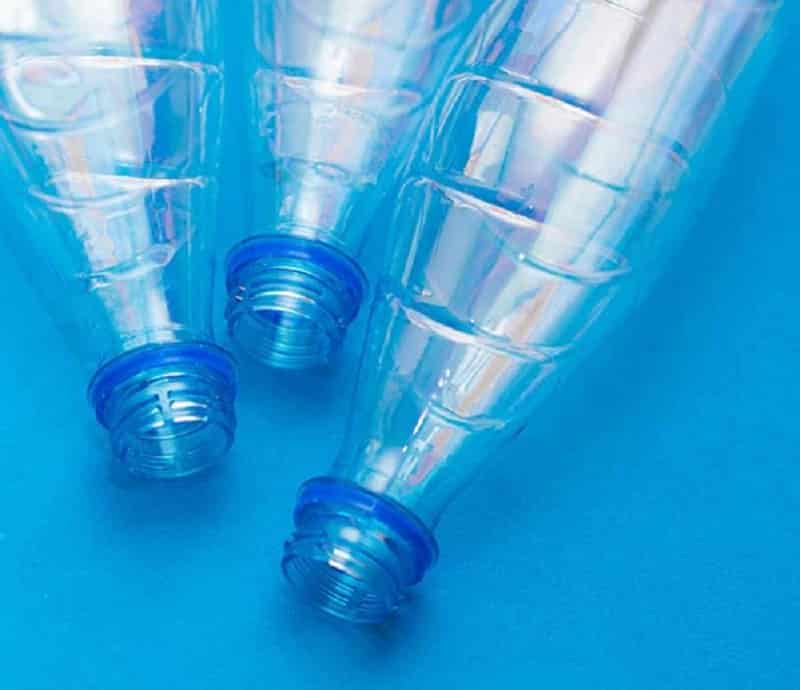
-Turkish converter expands shrink film capacity
Turkish shrink sleeve converter Etimag has founded PlasMag Plastik Film Ambalaj Sanayi and ordered a shrink film line from Brückner Maschinenbau.
The daughter company will install a 4.2m-wide 3-layer MOPET-G line with a capacity of 6,600 tonnes a year, which will go into production late 2022 in its facility near Istanbul. The shrink films produced will have a thickness range of 20-70 microns and be used for full-body sleeves, secure tamper-evident packaging or labels.
Founder Mehmet Hilmi Okur said: “This investment is a milestone not only for us but for the entire Turkish film and packaging industry and of course also for our region, as this project provides jobs for 80-100 people.” Petrochemical PETResin Hydrogen
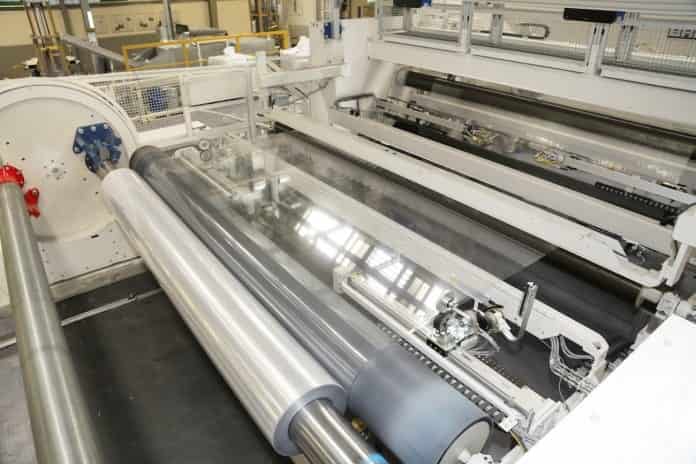
-The BRIC at 20: An assessment of the economic grouping’s two decades of existence
November 2021 will mark the 20th anniversary of the BRIC acronym that I coined to capture the economic potential of Brazil, Russia, India and China. Many commentators will be revisiting the concept and assessing each country’s performance since 2001, so here are my own thoughts on the matter.Petrochemical PETResin Hydrogen
First, and contrary to repeated suggestion, the main point of my original November 2001 paper, “The World Needs Better Economic BRICs,” was neither to forecast endless growth for these economies, nor to promote some new marketing concept for investment funds. As anyone who read that paper will know, the central argument was that these economies’ probable growth in relative GDP would have important implications for global-governance arrangements.
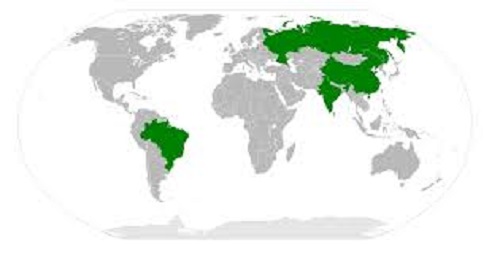
-Linde to build green hydrogen plant at Leuna chemicals complex, Germany
Linde says it will build, own, and operate the world’s largest proton exchange membrane (PEM) electrolyzer plant for the production of green hydrogen at the Leuna chemical complex in Germany, reported Chemweek.
The 24-megawatt electrolyzer will produce hydrogen from renewable sources to supply Linde’s industrial customers at the site through an existing pipeline network. Liquefied green hydrogen will also be distributed to refueling stations and other industrial customers in the region, it says. Petrochemical PETResin Hydrogen
The electrolyzer will be built by ITM Linde Electrolysis, a joint venture of Linde and ITM Power, with the plant scheduled to start production in the second half of 2022. No investment figure was given.
Clean hydrogen “is part of the solution to help reduce carbon dioxide emissions across many industries, including chemicals and refining,” says Jens Waldeck, president/western Europe West at Linde. “This project shows that electrolyzer capacity continues to scale up and it is a stepping stone towards even larger plants,” he says.
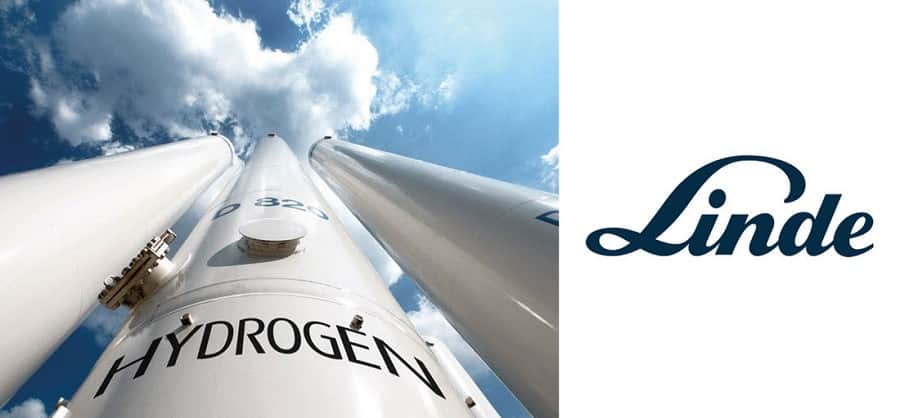
Petrochemical PETResin Hydrogen
